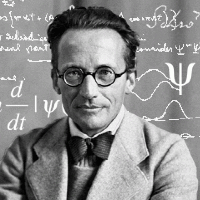Robert Hooke tipe kepribadian MBTI
Kepribadian
"Jenis kepribadian apa itu Robert Hooke? Robert Hooke adalah tipe kepribadian ENTP di mbti, 5w6 - sp/so - 548 di enneagram, RLOEI dalam Big 5, ILI dalam socionics."
*"Hooke’s interest in microscopy eventually dwindled. His peripatetic intellect needed to roam widely, and he returned to optics, mechanics, and physics. Indeed, Hooke’s interest in virtually everything may have been his critical failing. The Royal Society’s motto, Nullius in verba, translated loosely as “Take no one’s word for evidence,” was his personal mantra. He loped from one scientific discipline to the next, offering potent insights, believing no one’s word, claiming dominion over critical parts of a science, but never asserting complete authority over any one subject. He had built himself on the model of the Aristotelian philosopher-scientist—an inquirer into all matters of the world, an adjudicator of all evidence—rather than the contemporary vision of the scientist as the authority on a single subject, and his reputation suffered as a result."* - from An Exploration of Medicine and the New Human, Siddhartha Mukherjee Screams NeTi to me, maybe TiNe. But not NiTe. Would love some opposing arguments to this, if you have some since I only know about this guy a bit because of my course. Also, ENTPs can be reclusive and morose so if your argument is that because it's the typical "INTJ" personality, lemme stop you there.
Biografi
Robert Hooke FRS (28 July [O.S. 18 July] 1635 – 3 March 1703) was an English natural philosopher, architect and polymath. As a young adult, he was a financially impoverished scientific inquirer, but came into wealth and good reputation following his actions as Surveyor to the City of London after the great fire of 1666 (in which he appears to have performed more than half of all the surveys after the fire).At that time, he was also the curator of experiments of the Royal Society, and a member of its council, Gresham Professor of Geometry.
Kepribadian correlate
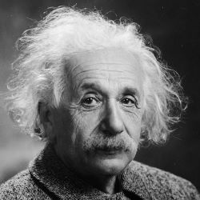
Albert Einstein
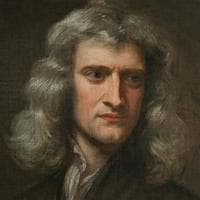
Isaac Newton
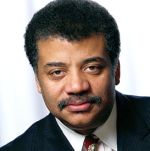
Neil deGrasse Tyson
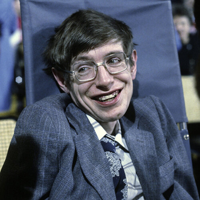
Stephen Hawking
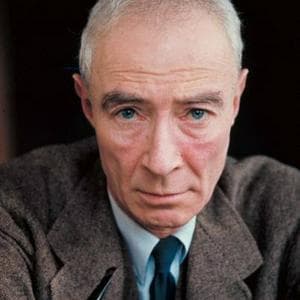
J. Robert Oppenheimer
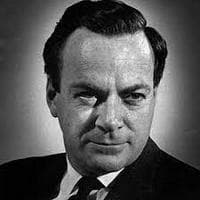
Richard Feynman
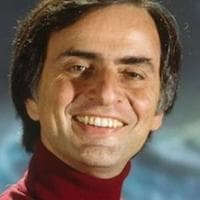
Carl Sagan

Werner Heisenberg

